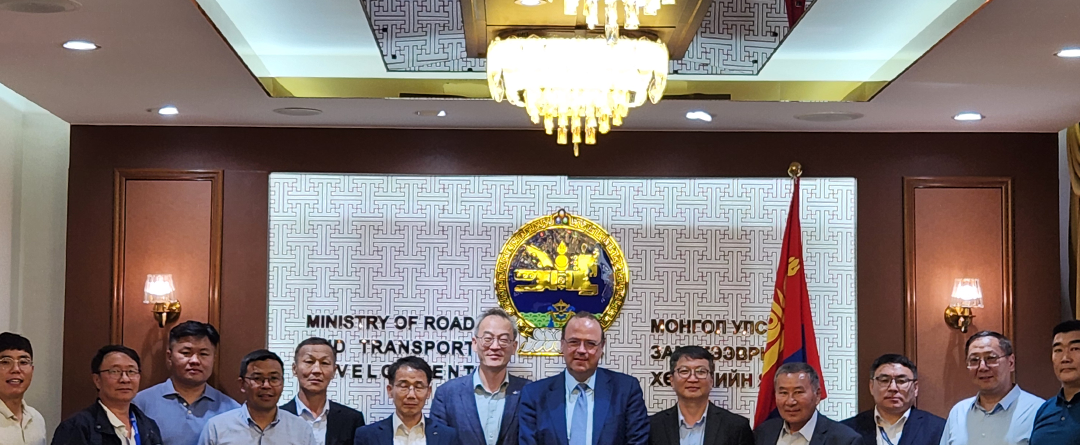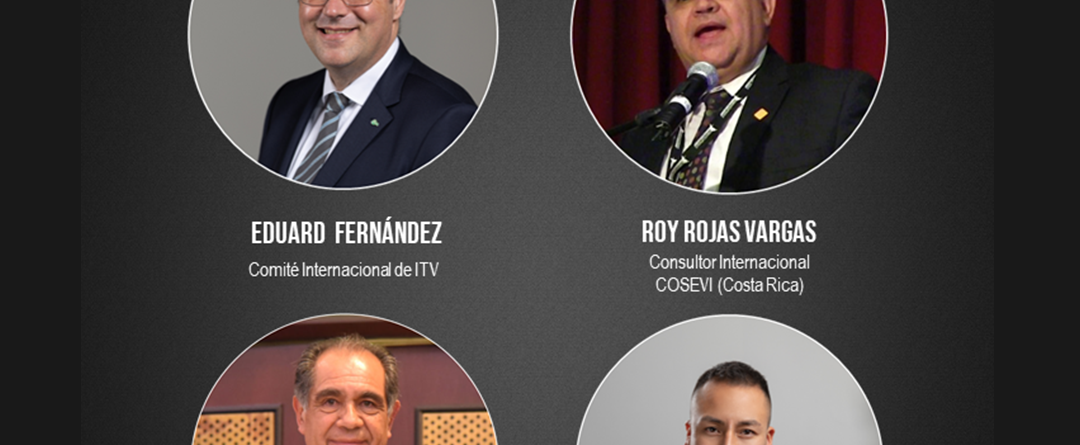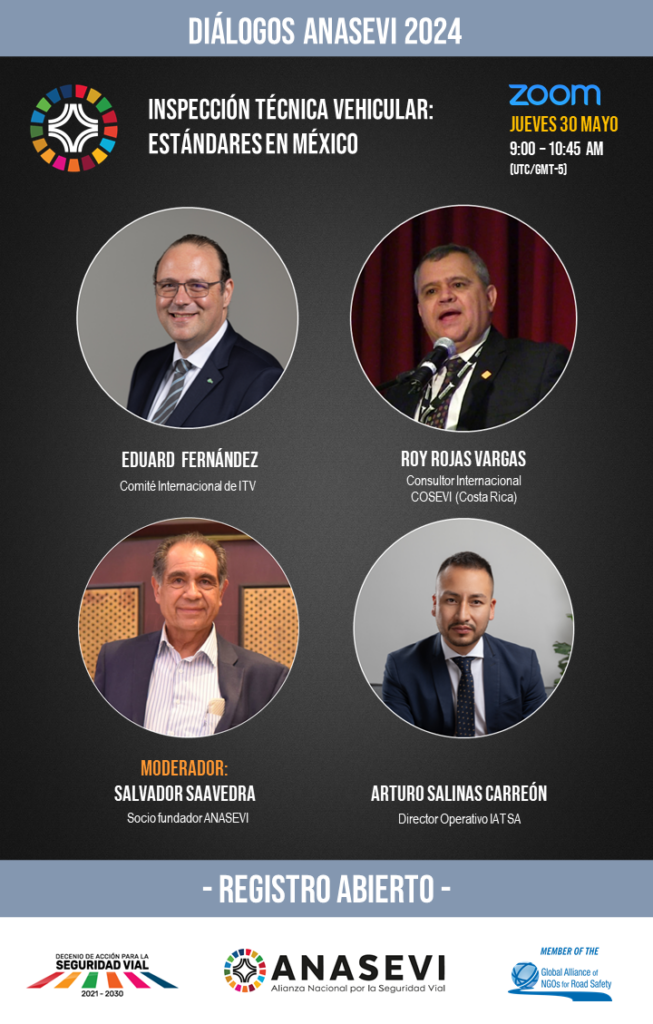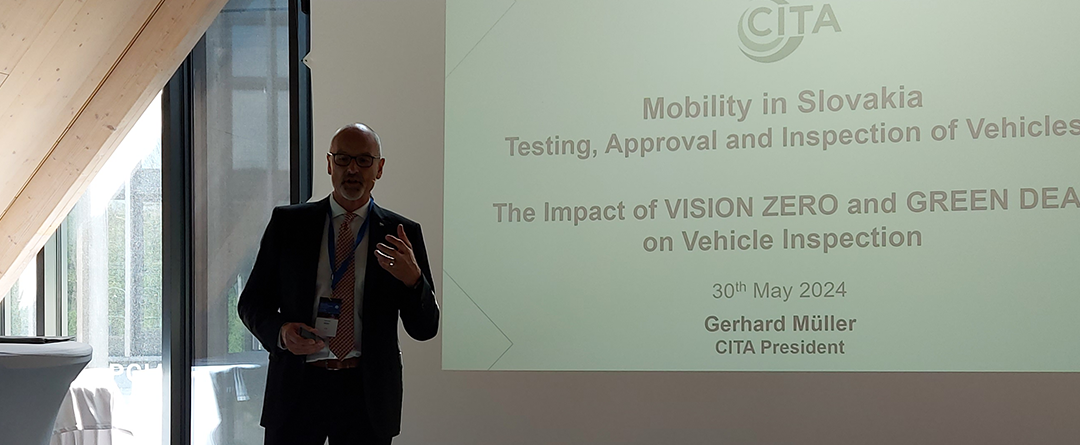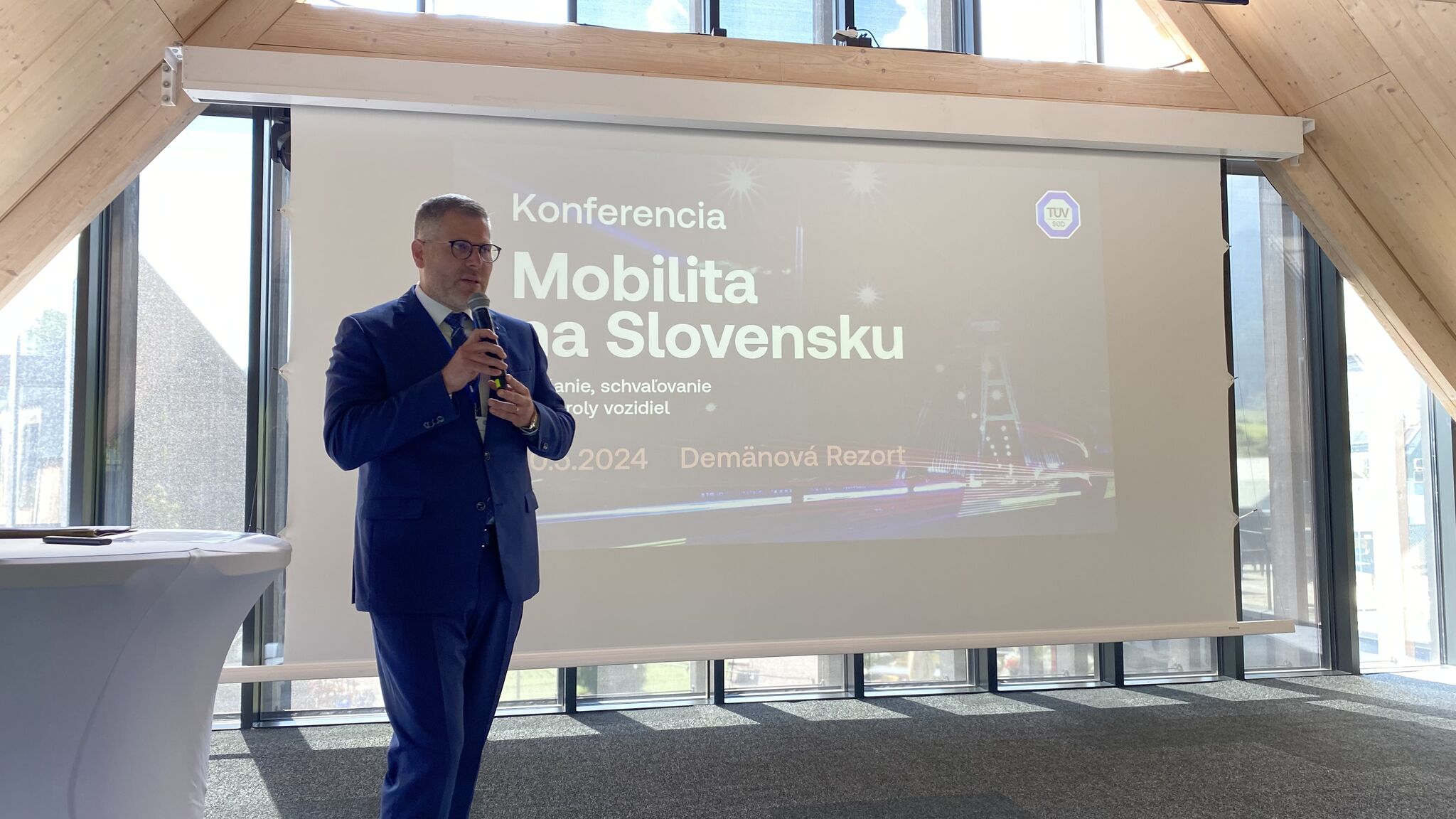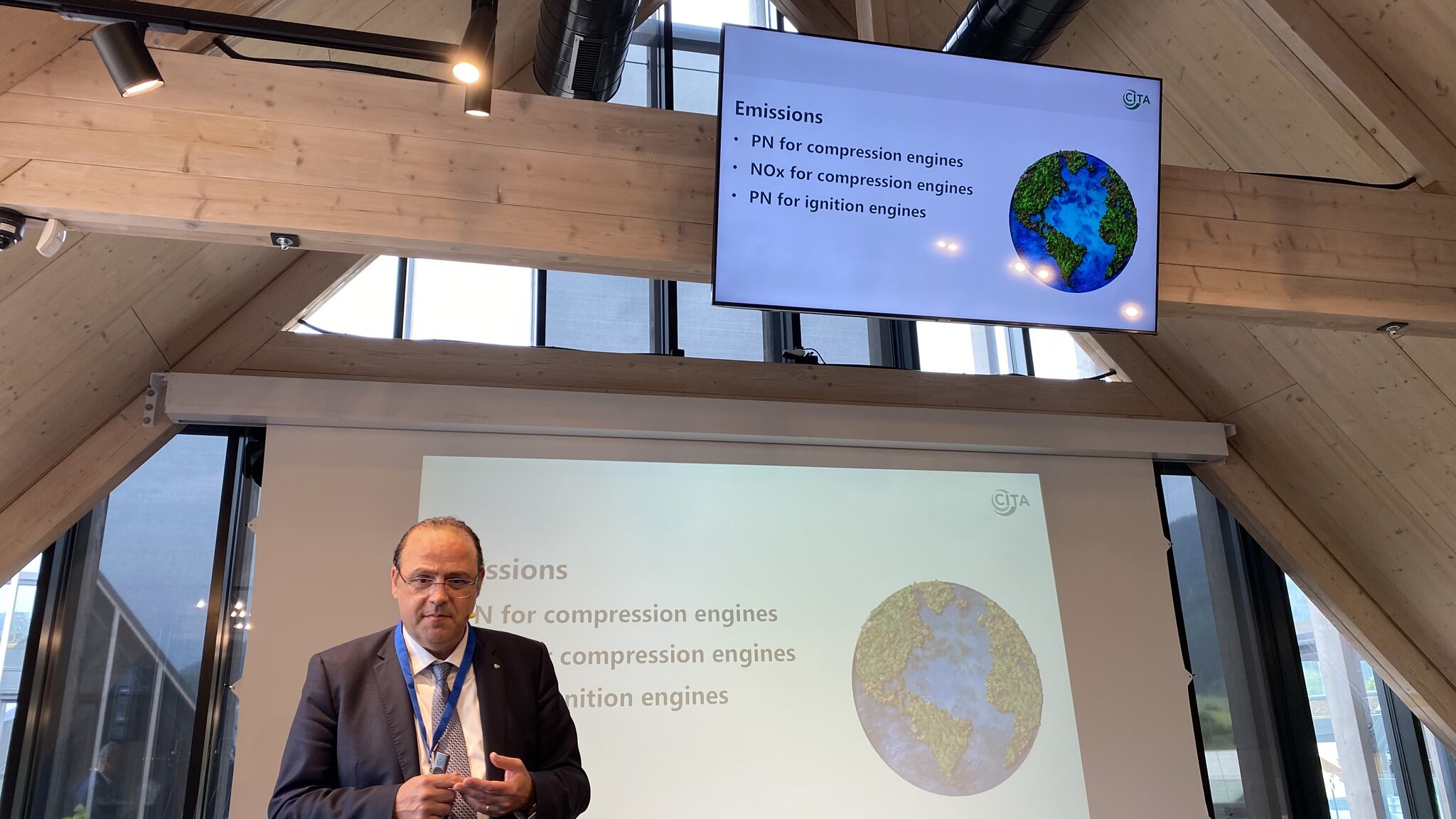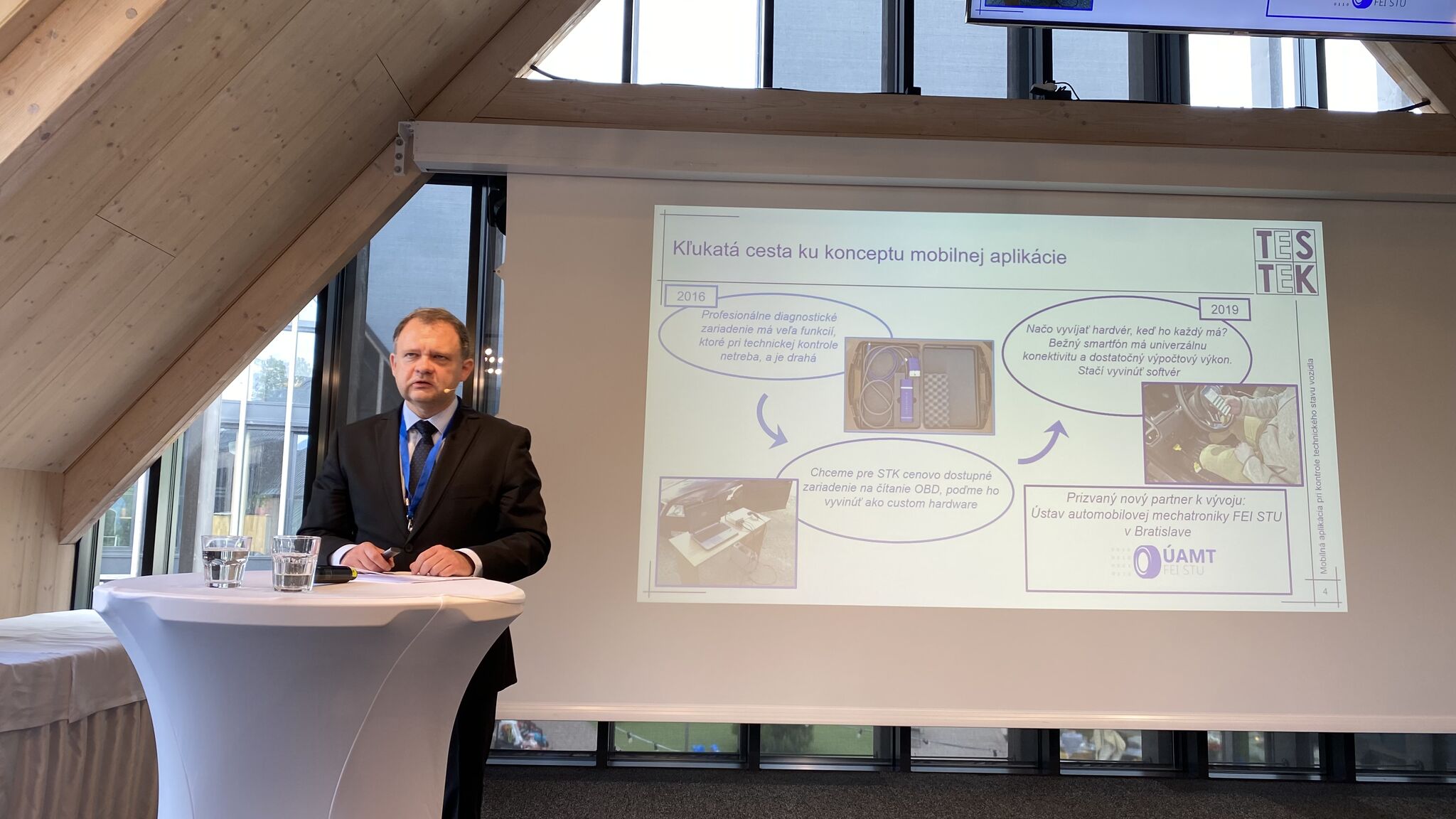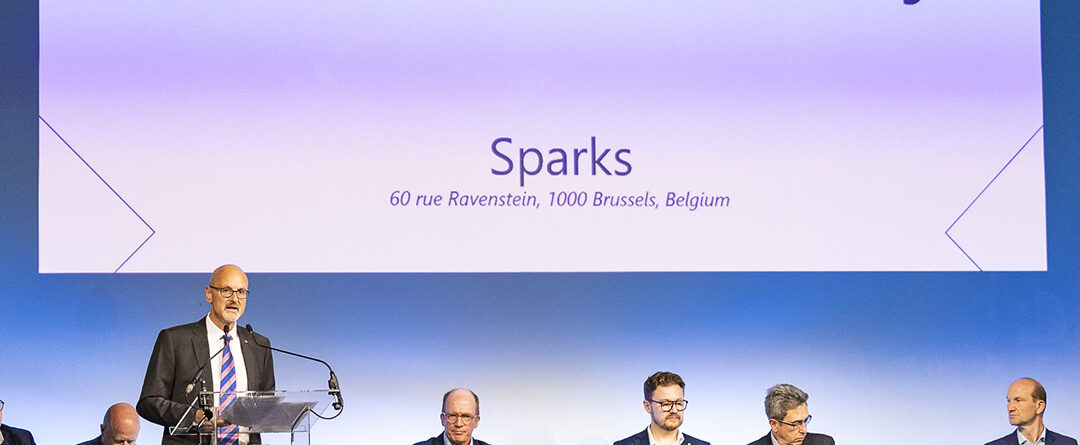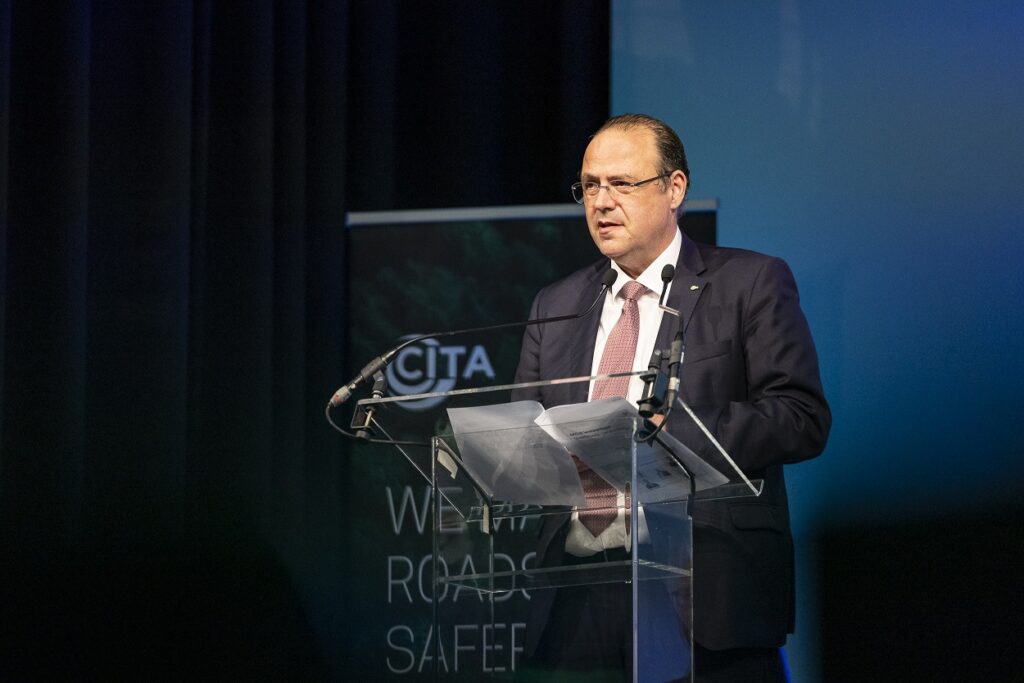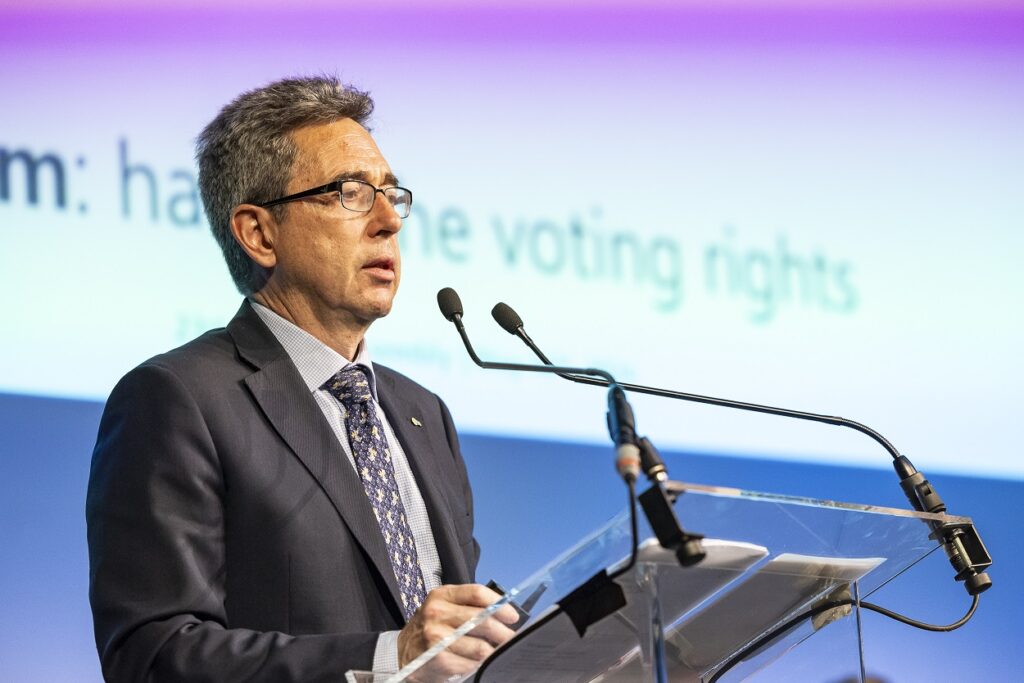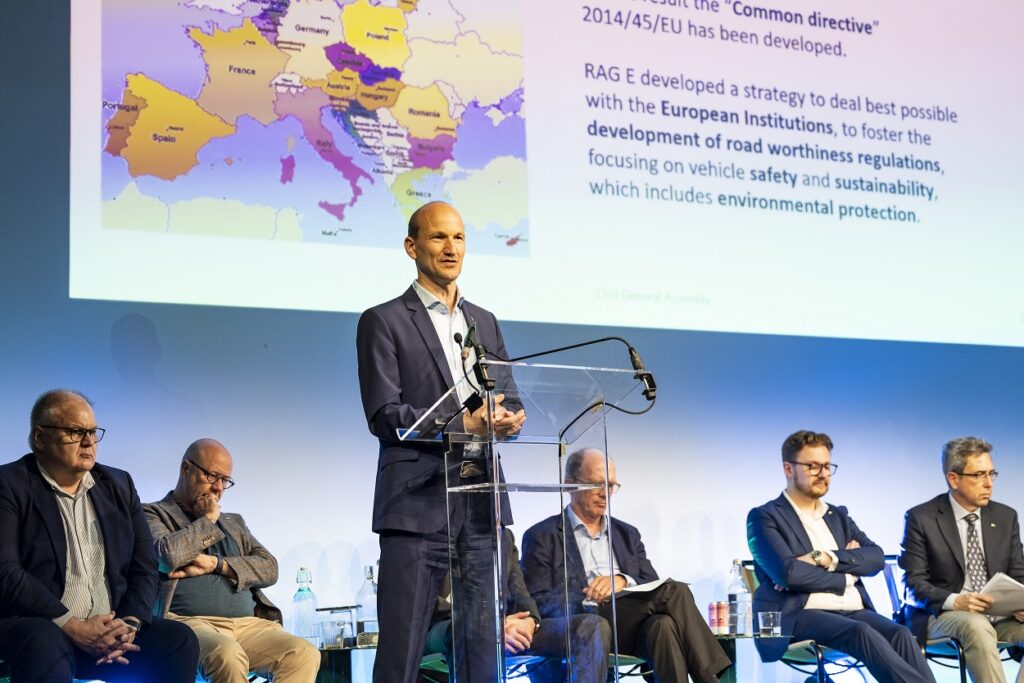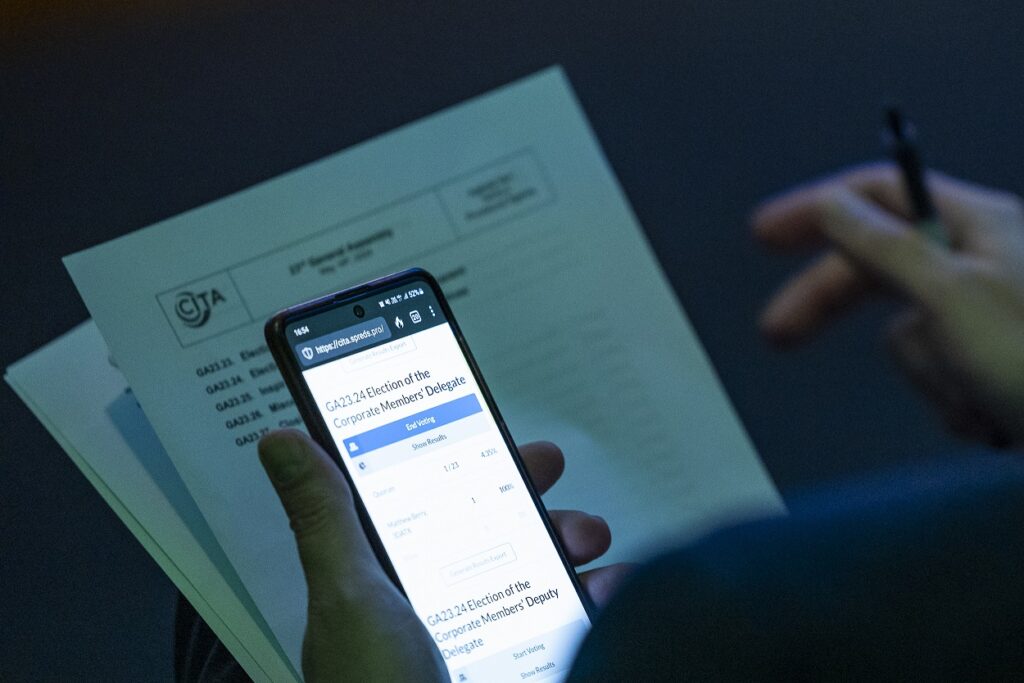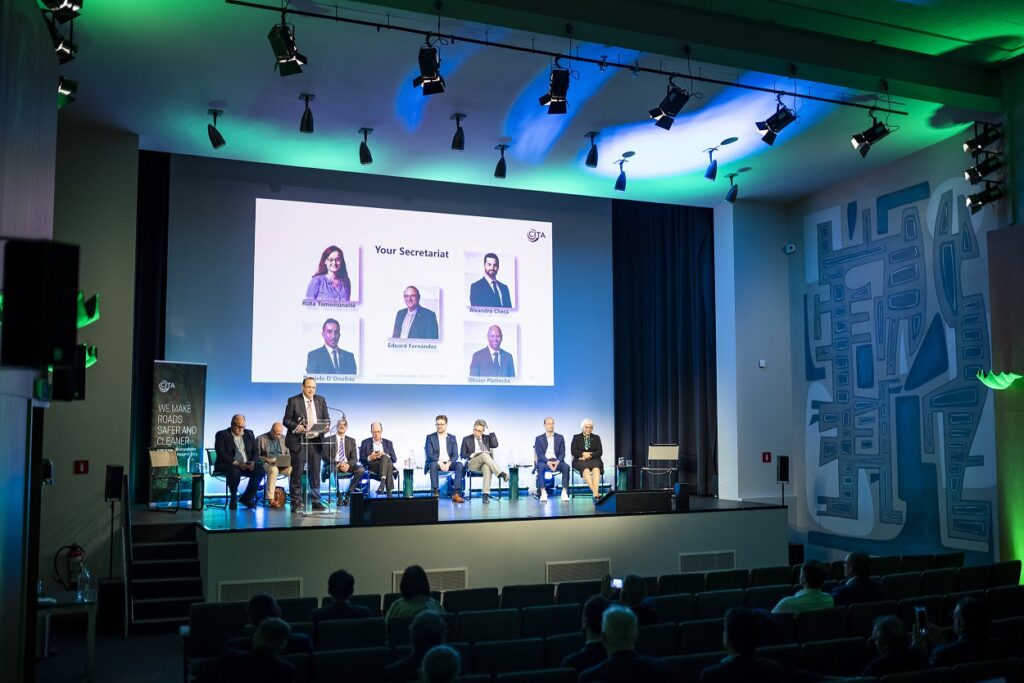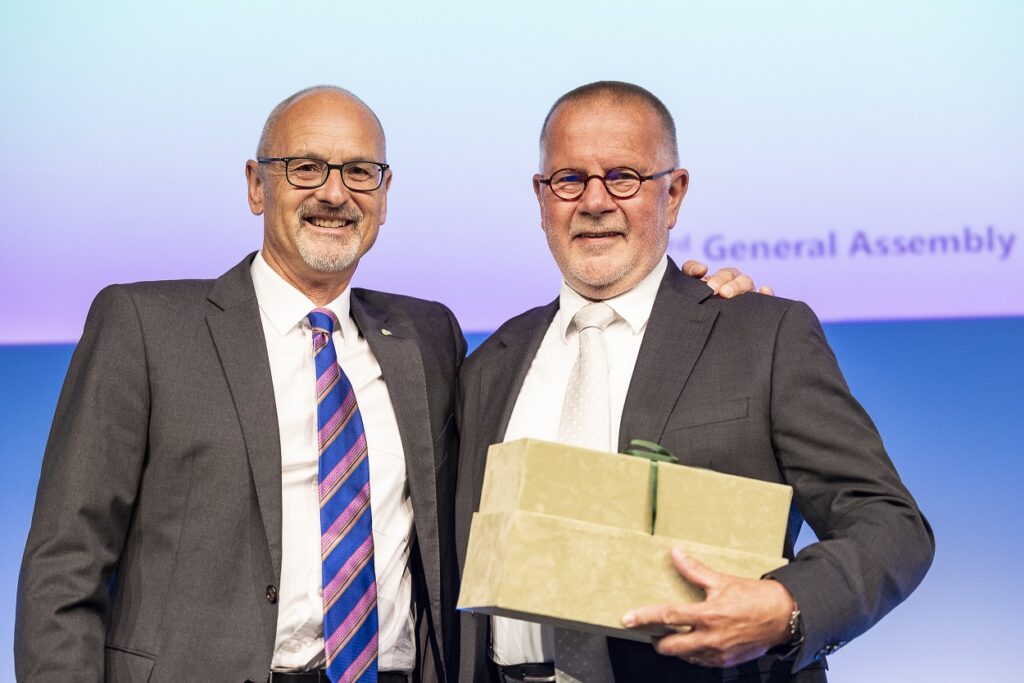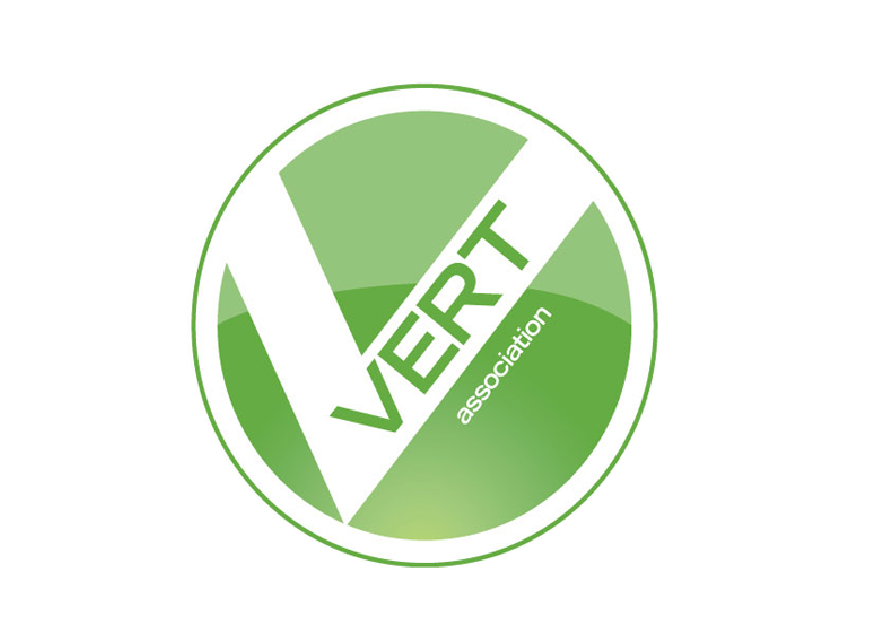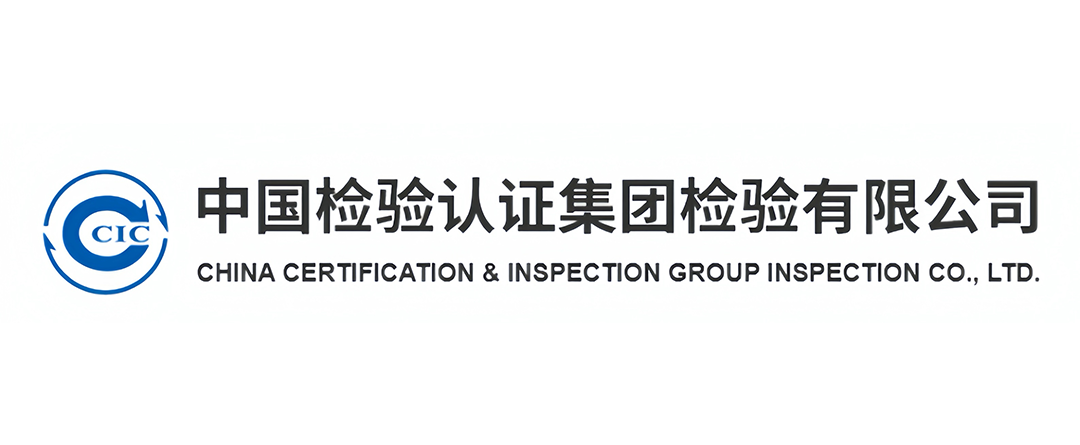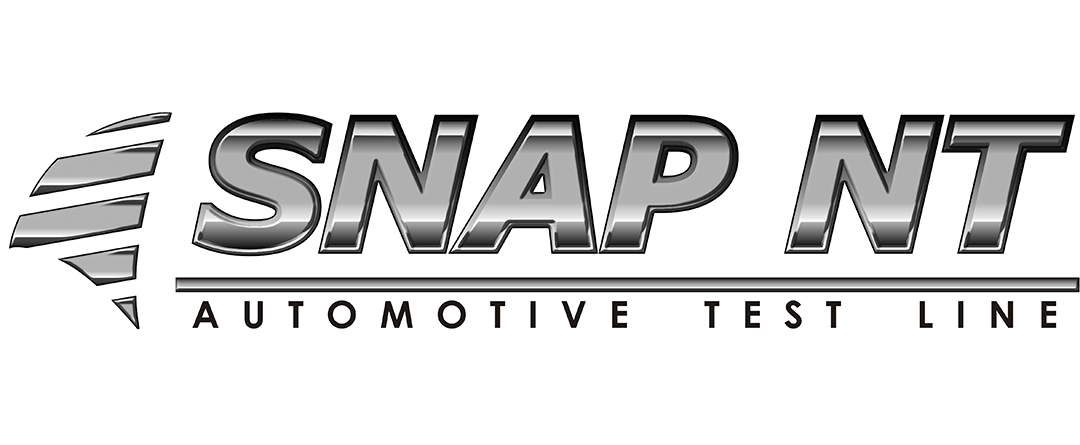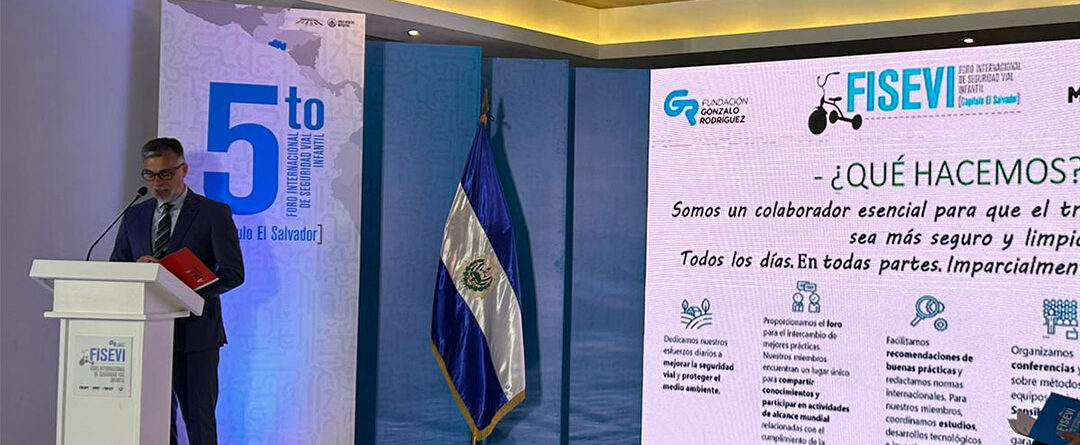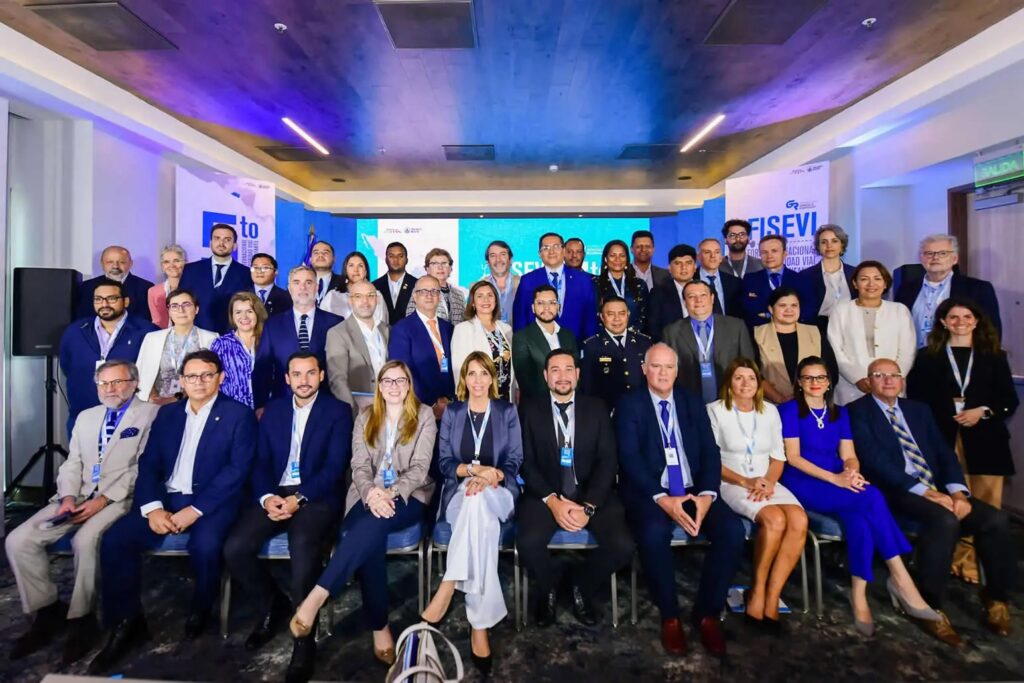Enhancing Mongolia’s Traffic Safety: A Strategic Initiative
In early June, Ulaanbaatar, the capital city of Mongolia, hosted a significant seminar organized by the Korea Transportation Safety Authority (KoTSA). The seminar focused on the theme of "The Role of Inspection for the Safety of Vehicles in Developing Countries and Measures to Improve the Import and Export Environment." This event was part of the broader Mongolia Transport Safety Improvement Project, a key initiative aimed at enhancing road safety and environmental health in Mongolia.
The seminar gathered several notable figures in the transportation safety sector:
- Mrs. Munkhnasan, Director of the Mongolian Road Transport Development Department, along with her team.
- Mr. Eduard Fernandez, Executive Director of CITA.
- Mr. Kaneyoshi Ikeda, President and Managing Director of JEVIC.
- Mr. Visar Cekici, Head of Vehicle Registration of the Albanian General Directorate of Road Transport Services.
The seminar aimed to highlight the importance and necessity of vehicle inspections, emphasizing their role in improving road safety and air quality. Through its project in Mongolia, KoTSA sought to secure the government's implementation capability for enhancing the import and export environment, and to discuss potential cooperation with neighboring countries.
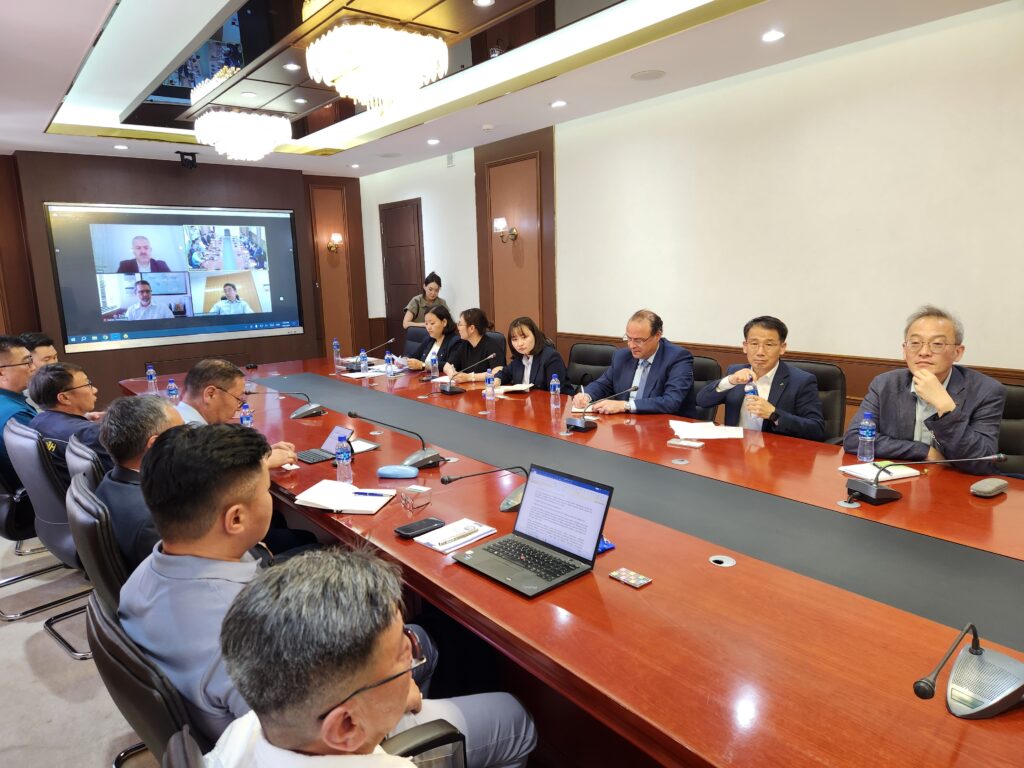
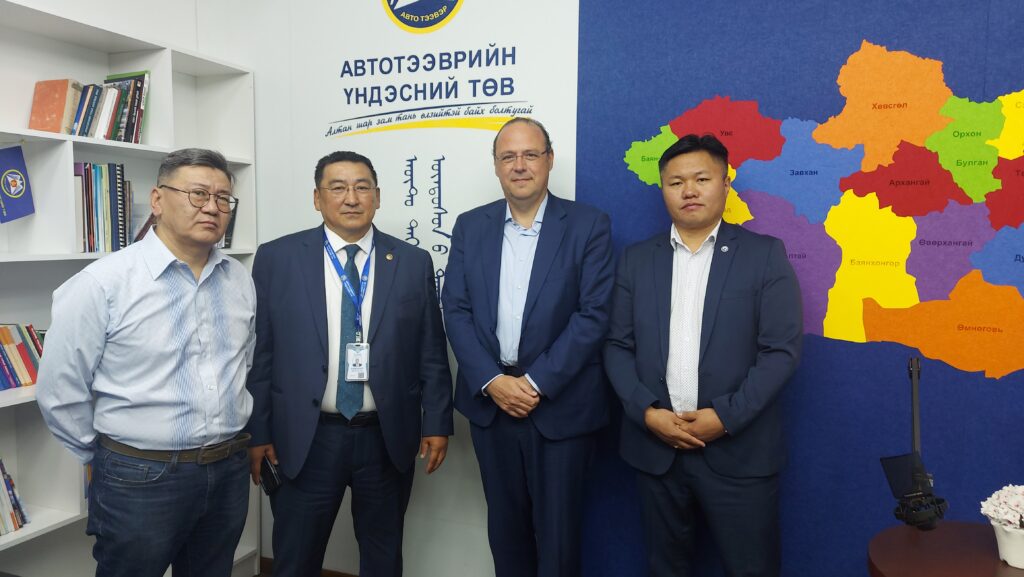
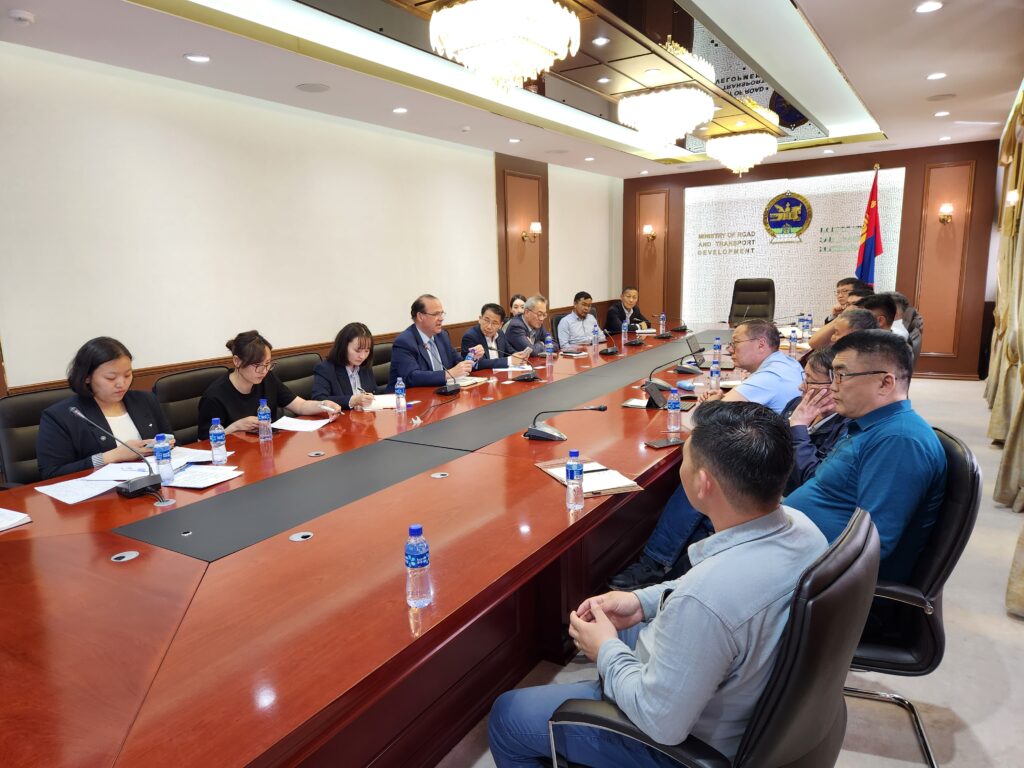
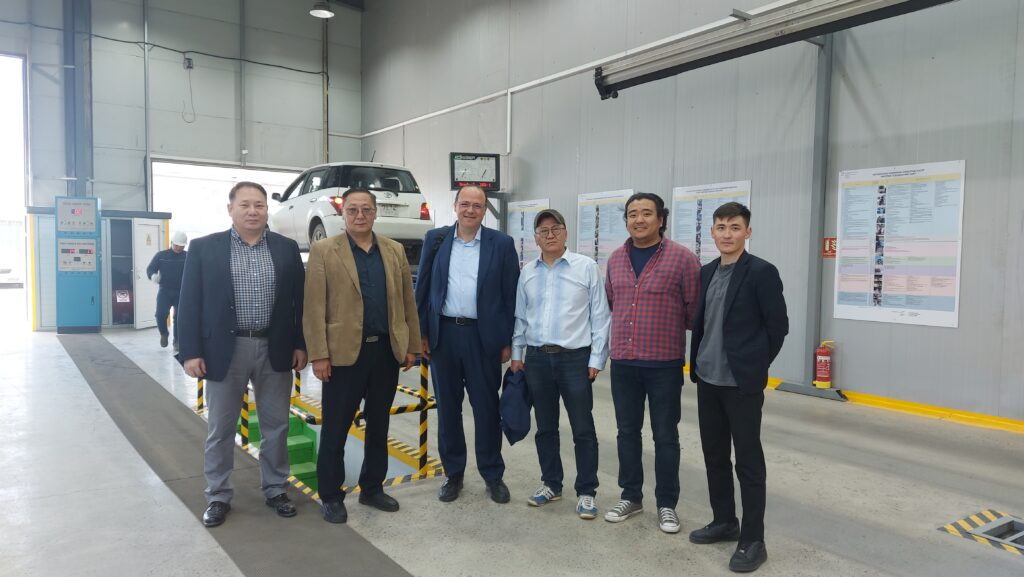
Eduard Fernández's participation was particularly significant, given CITA's extensive experience and knowledge from previous projects in Africa. His visit underscored the importance of discussing more cases and current activities in WP.29, aiming to attract the Mongolian government's interest and contribute to the project's success.
During his stay, Mr. Fernandez also met with members of the National Road Transport Center and visited several PTI centers, providing valuable insights into the ongoing efforts and future plans.
About the Project
The Mongolia Transport Safety Improvement Project, launched in August 2023, is an ambitious initiative aimed at enhancing vehicle inspection facilities and capacity building within Mongolia. The project is a collaborative effort involving several key partners:
- Ordering Agency: Korean International Cooperation Agency (KoICA)
- Mongolian Partners: Ministry of Road and Transport Development (MRTD) and Mongolia Road Transport Center (NRTC)
- Project Partners: Korean Transportation Safety Authorities (KoTSA), the Korea Transport Institute (KOTI), and the Korean Road Traffic Authority (KOROAD
The primary goals of the project are to enhance traffic safety and improve air quality in Ulaanbaatar. By strengthening vehicle inspection capacity and modernizing inspection facilities, the project aims to significantly reduce traffic accidents. Additionally, the project includes national policy consulting on vehicle emission gases to address air pollution in the capital city.
Looking forward, the project plans to continue its policy consulting and modernization efforts, ensuring the establishment of a comprehensive vehicle inspection management system. Ongoing capacity building through continuous training programs remains a cornerstone of this initiative.

